

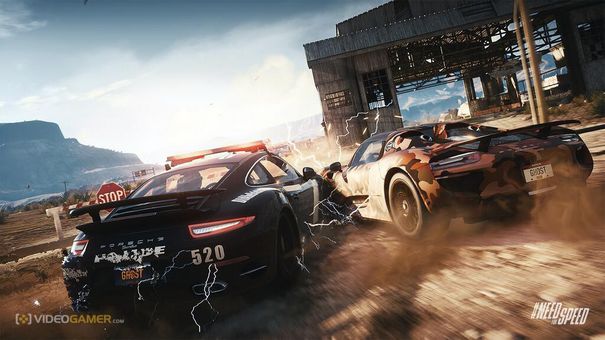

Back in the early days of Modern Warfare, acting as the host of a multiplayer session meant that you were responsible for seeing the game through to the end. If you backed out, everybody backed out. Anybody who was around in the days of CoD4 will tell you their own stories, of that time when they were leading with a 15-1 kill/death ratio before being sucked back to the main menu with nothing to show for their efforts.
Then came host migration. No longer were we to lose progress because of another player’s frustration; we would simply endure a few moments of pause before the battle resumed. It was an important step, big enough for Infinity Ward to demo it in Modern Warfare 2's promotional stages.
But that was then and this is now. And with the next-gen consoles’ continued push for always-online, socially connected experiences, host migration alone doesn’t cut it anymore. We need systems – and servers – that complement the experiences that developers are trying to create. Rivals is a case in point of what happens when you don't have those tools.
Need For Speed's AllDrive system allows up to six players to play in the game’s open world. You can compete in events together or go about the campaign separately. There are two problems with this. First, unless you’re in a party chat with the other five random people, it’s very difficult to co-ordinate. When I found another player I was already too busy in an event to engage with them, and flew by with the lingering regret of potentially missing out on a memorable moment.
It was only when I paired up with friends over Xbox Live that we took on events in groups, but then the same issue arises: you need to get five friends together at the same time to achieve the intended magic of AllDrive. It’s an issue that may speak more for me and my equally time-poor brethren's ability to organise, maybe, but an issue nonetheless.
But then there’s the second problem, and it’s a big one: Rivals doesn’t have dedicated servers. For what Ghost Games is trying to achieve, this is unforgivable. In games where multiplayer is competitive, like Call of Duty, players put up with host migration because we are all working towards a common goal. So, when one player pauses, we all break from the same thing. But in Rivals, we’re not. We’re all off doing our own thing (that could require perfect timing and sheer concentration in order to avoid a 150mph wipeout), with the pause entirely disrupting the flow of the game.
A scenario: I’m a racer in my near-fully upgraded Ferrari 458 Spider engaging in a Hot Pursuit against three other AI cars. Having spent the last 45 minutes earning upwards of 150,000 SP, the cops have battered and bruised my precious car to the point of wrecking it completely. A repair shop is less than a quarter-mile ahead. I’m in first place, and can sneak into said garage on my way to the finish line. As I veer off-track to head to salvation, I get booted to a load screen to migrate the host. Hardly the climactic ending we were all hoping for, but worse is yet to come.
When I return back to my game, I’m no longer travelling at 150mph, but stationary, and not in the repair shop. Of course, a police car then rams my rear, wrecks me, and sucks every last penny from my accumulator.
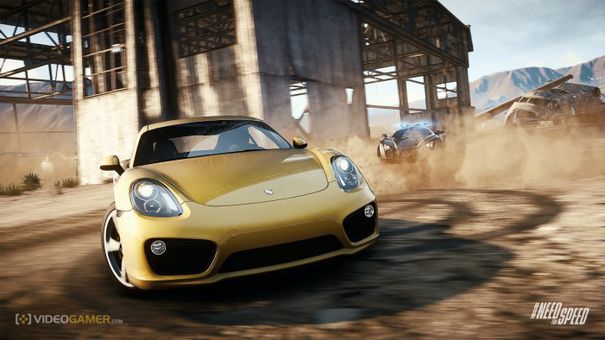
Once is bad enough, but when this problem pops up two or three times a session, Rivals becomes near unplayable in AllDrive. I soon reverted back to a private session and treated it as a single-player game. It’s a shame, because in the few moments when AllDrive works it can be truly special. But the long load times, potential loss of progress and endless frustration simply outweigh the desire to enter multiplayer. Once I knew it could happen, I was forever playing with a sense of anxiety of it happening again, making me hesitant to start new events with a high amount of SP, incongruous to Rivals’ philosophy.
We’ve seen many games transition to using dedicated servers and Rivals is a clear example of why it’s a must on next-gen consoles. If you want your titles to have some semblance of ‘always online’, then gamers need the support of knowing they will never be taken away from their experiences.
There’s also Xbox One’s Kinect functionality, which is all but broken here. This is nothing to do with the Kinect itself, but a fundamentally flawed integration on the part of Rivals. You can’t turn off Kinect commands in the game itself, only via the Xbox’s system settings. It's a pain in the backside if you want to use all the snazzy navigation and recording features during gameplay. But when playing with friends and using party chat, unless you whisper, you’re going to have to turn them off.
Rivals has its own set of in-game commands: some linked to setting waypoints and changing songs, but others inexplicably connected to camera controls. While talking with friends, it confused almost everything I said with a command, mistaking common words and phrases like ‘really’ for ‘rear view’. Constantly changing view, looking behind me and panning the camera around the car meant I had to stop chatting and simply give up once again.
There’s also no queue word to initiate commands. The reason Microsoft makes you say “Xbox” before every directive is so it doesn’t mistake your conversations for inputs. You have to deliberately tell Kinect something. Rivals lacks this, and is a big part of why its integration fails.
As I mentioned in my review, at its core Rivals is a fun game, but there are too many glaring problems that suck all the pleasure out of it. One is an issue from a past generation, the other is one very much of this one. Let's hope both are ironed out soon.
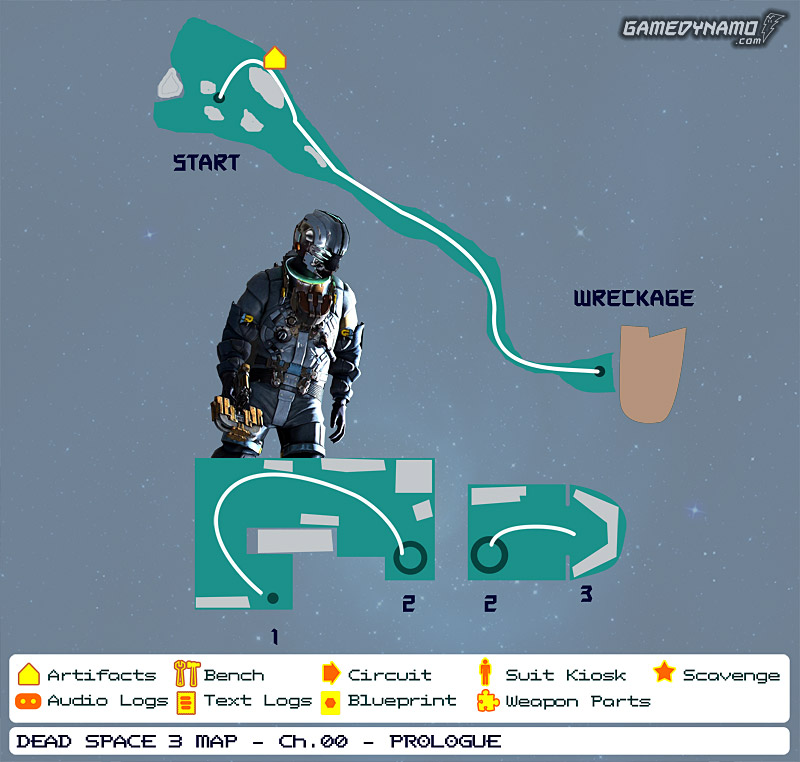
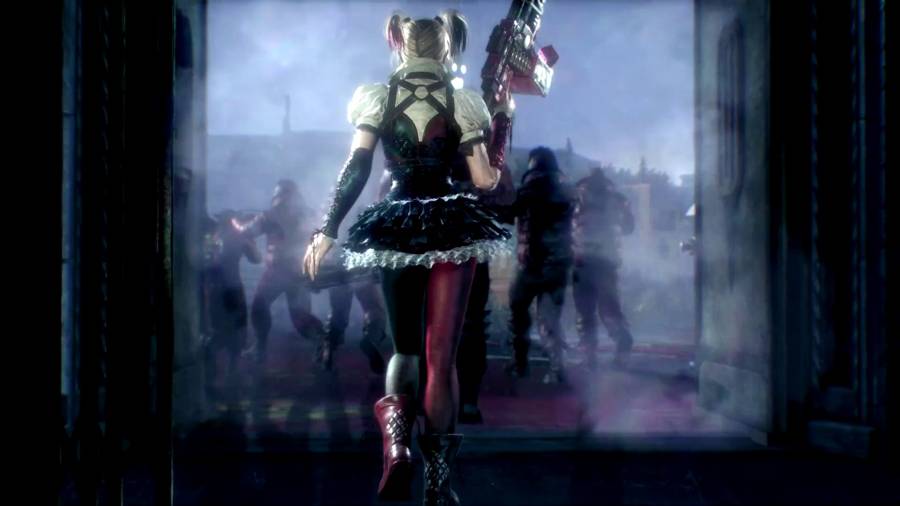

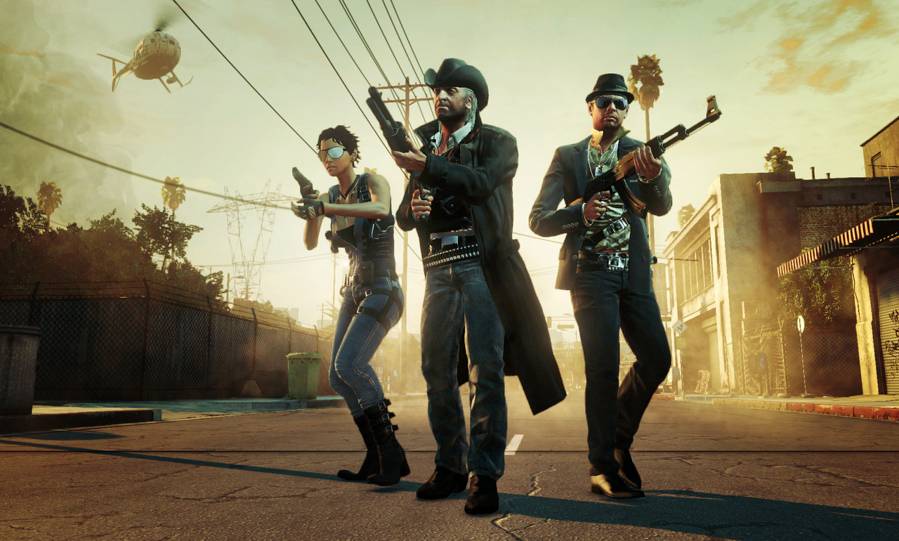
 Assassin’s Creed: Unity guide – Sequence 1 Memory 1: Memories of Versailles
Assassin’s Creed: Unity guide – Sequence 1 Memory 1: Memories of Versailles Bungies Destiny Revealed
Bungies Destiny Revealed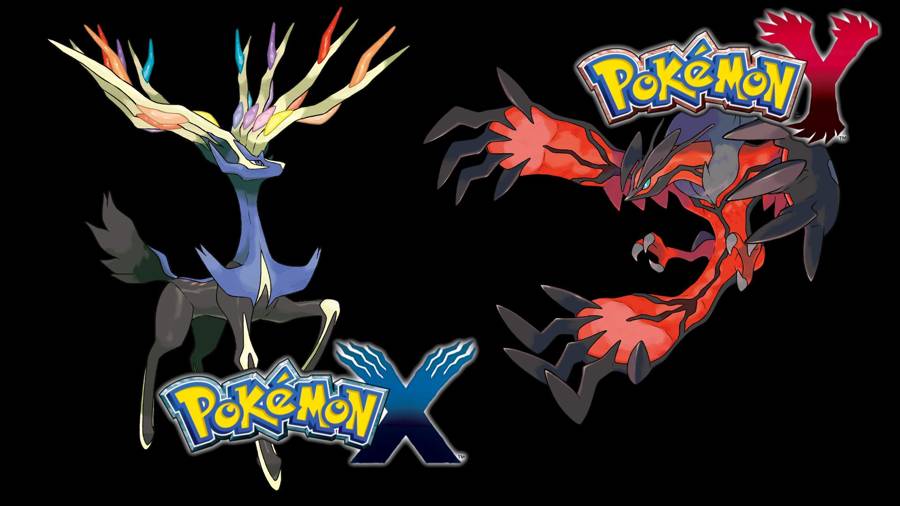 Pokemon X & Y Guide: Cyllage Gym Guide
Pokemon X & Y Guide: Cyllage Gym Guide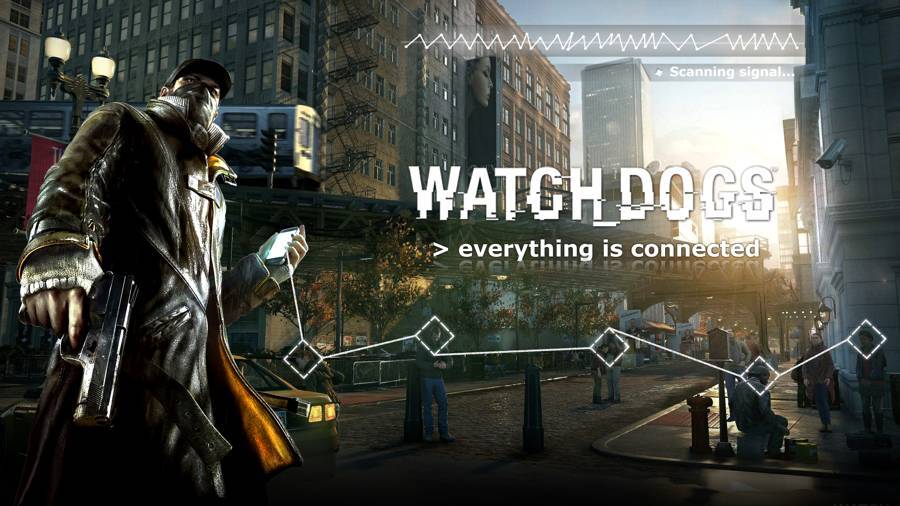 How To Fast Travel In Watch Dogs
How To Fast Travel In Watch Dogs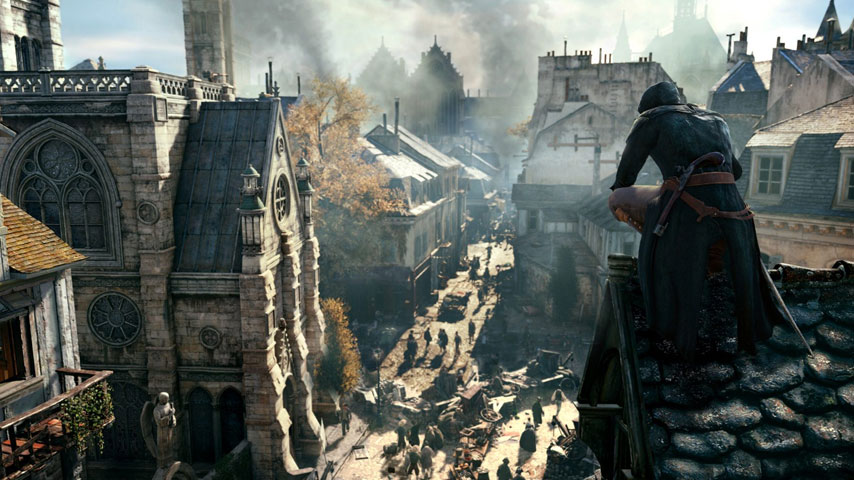 Assassin’s Creed: Unity guide – Sequence 1 Memory 3: High Society – Infiltrate the Palace
Assassin’s Creed: Unity guide – Sequence 1 Memory 3: High Society – Infiltrate the Palace